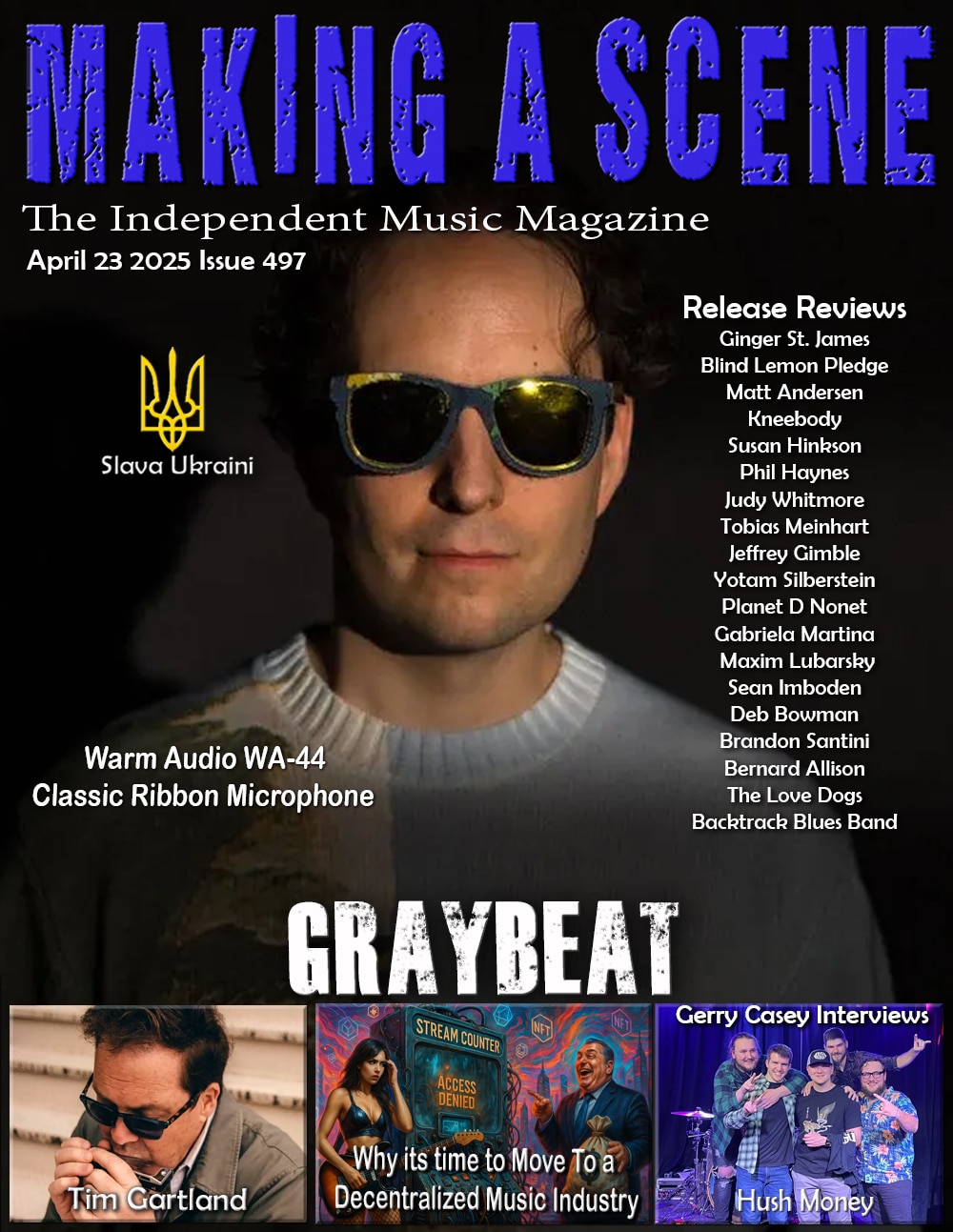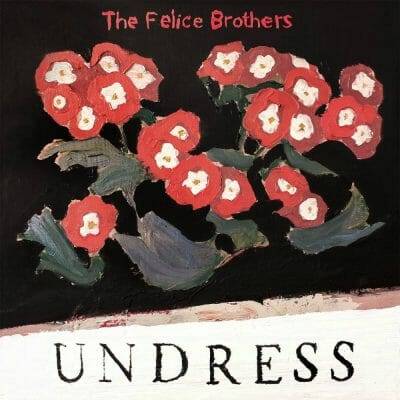The Felice Brothers Undress
The Felice Brothers
Undress
Yep Roc
After making some changes in personnel, the upstate folk-rock band The Felice Brothers are back with their first album in three years. They sound different than the ragged, wild, raucous band that earned them a enviable reputation for their live shows, having now matured and focused into a strong, cohesive musical force to back their topical songs for our times. “Every song is a story,” says James Felice. “On this album, everything was a bit more thoughtful, including the arrangements, the sonic quality and the harmonies.”
Lead singer and songwriter Ian Felice commented on the themes of the album, “Many of the songs on the new album are motivated by a shift from private to public concerns. It isn’t hard to find worthwhile things to write about these days, there are a lot of storms blooming on the horizon and a lot of chaos that permeates our lives. The hard part is finding simple and direct ways to address them.”
Produced by Jeremy Backofen, Undress features a four-piece core band with founding members Ian and James Felice joined by drummer Will Lawrence and their new bassist Jesske Hume. Guests add wonderful textures on these instruments – pedal steel, saxophone(s), trumpet and French horn. James Felice, of course, is a multi-instrumentalist playing keyboards, banjo and accordion.
The title track is essentially asking America to start over almost as Dylan famously did in “It’s Alright, Ma’ with his famous line “even the President of the United States sometimes must have to stand naked.” “Undress” references Kellyanne Conway, the Bank of America, Republicans and Democrats, evangelicals, industrialists and anarchists., leading to the ending chorus “Chain of illusion / Endless conclusions / When will we find the light of day.”
In “Holy Weight Champ” they take on our bloated capitalistic value system as each verse ends with throwing something into the crater. The litany is as follows: suitcase, switchblade, car keys, his wealth, his senses, and his voice. “Special Announcement” has the recurrent line “I’m saving up my money to be president,” followed with promises “more berries on blueberry hill” and “Charlie Parker on a ten dollar bill.” As Felice continues to rail about the role of money in corrupting politics, he talks about pleasing the financial goons, the mobster and burning down the stock exchange and the Federal Reserve.
“Salvation Army Girl” provides some respite with its sarcastic, punky attitude. It too, though, ends with lines about “crumbling of the established order.” That leads into the album’s strongest track, “Poor Blind Birds,” with its gorgeous piano chords and choir-like harmonies framing these words from Felice, “We live in a world we can’t understand/poor blind birds if we’re anything/and the world is not what it seems/to poor blind birds.” Another standout track is “The Kid,” about a recently returned veteran with PSD turned assassin, all a byproduct of the economic divide in the “Ghost town of New York.” “Hometown Hero” has their signature sarcastic humor veiling the less than celebratory mood of one who just returned home from the penitentiary.
The shuffling “Jack Reminiscing” and the pensive ballad “The Days Of The Years Of My Life” offer some interesting autobiographical thoughts on the vicissitudes of fate and the puzzling aspects of how we end up in certain places we didn’t plan to be. Here’s an excerpt from the former – “My pa was always in gloom/and his hat was made of raccoon/he was drunk in the afternoon/nearly every day/and his mind was like a trap/where he kept a hand drawn map/ho to get to the Arkansas flats/from the lights of Broadway”. From the latter, we have this – “standing tall in a cap and gown/in a house that is since torn down/its summer in the Catskills again/leisure classes in the mountain passes…the jaw of life and the jaws of death/hearing secrets in a dying breath.in a black 4 door sedan/down the road to the end of the world”.
The closer, “Socrates,” inspired by 1950s West Coast poet Jack Spicer, is about a musician as philosopher with 24 hours to live. It’s another standout track as it rails on the morbid media value system, and how we still thirst for blood like in the days of the early Romans with this chorus – “Health to the tyrant/Health to the modern state/When they tie me to the stake/What a great event I’ll make/All of the ratings will soar/High as the war”. The song builds from a piano-driven ballad to a cacophonous crescendo around Felice’s voice, ending with a soft piano in much the same way Bruce Springsteen’s “Jungleland” ends after that story’s street fight or the Beatles’ “Day in the Life” ends with the lingering, resounding chord. It’s a powerful ending to a terrific album.
The Felice Brothers bring not only needed commentary, but outstanding musicianship, well-placed humor, attitude, and well-crafted poetry. This is one the year’s outstanding albums to date.
- Jim Hynes
Discover more from Making A Scene!
Subscribe to get the latest posts sent to your email.















































